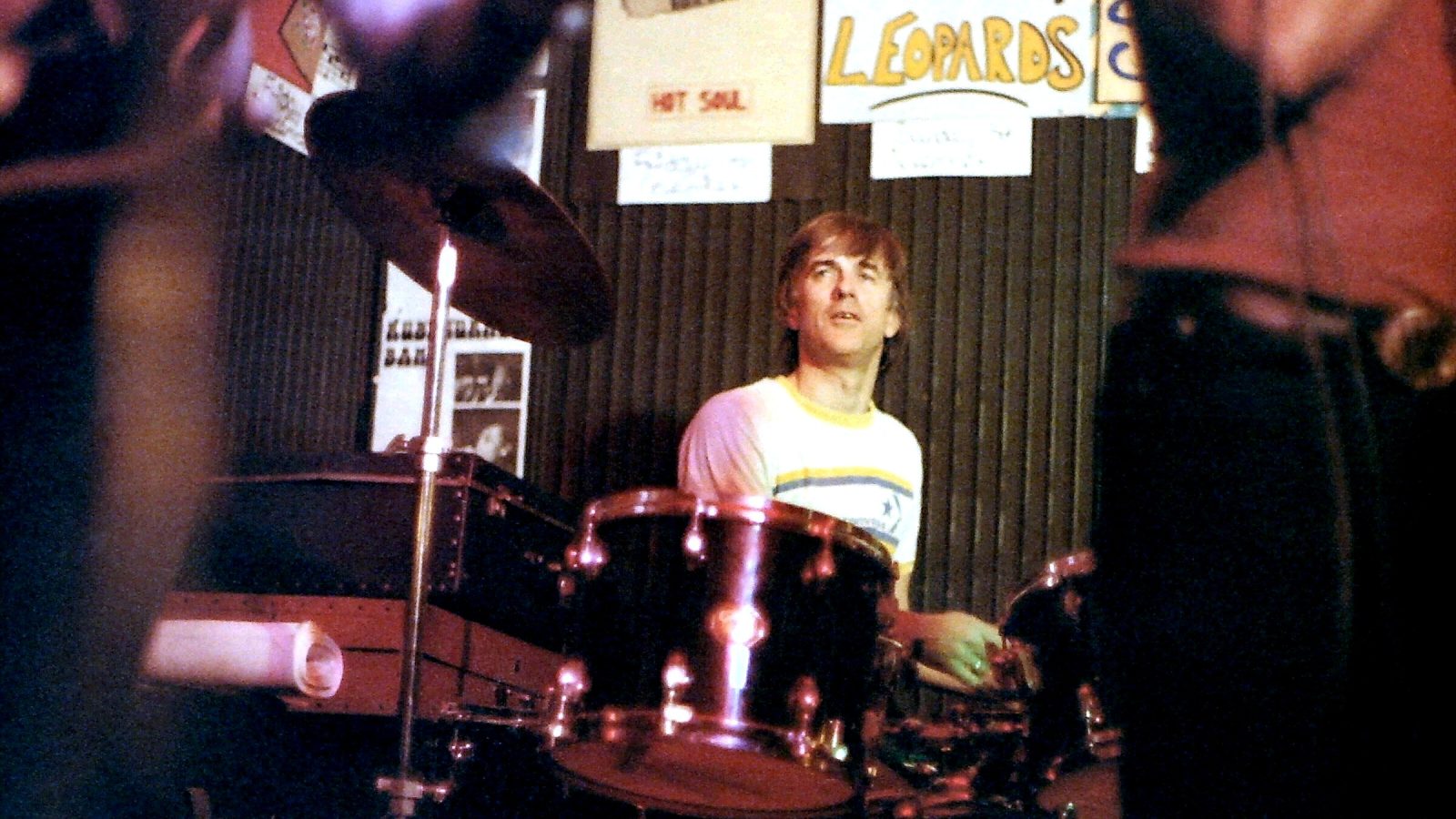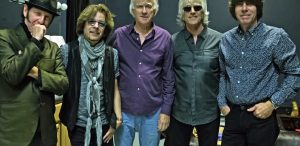
Yardbirds’ Jim McCarty on sensational guitarists, two boys named Sonny and his taste in “evocative” music
The early ‘60s were momentous times for British popular music. They witnessed the formation of some of the world’s most influential rock groups, who in harnessing the cultural understanding of their crafty managers, the unruly distortion of their modified guitar amplifiers and the seductive power of their sharp suits and mop-tops, revolutionised the way in which the world’s youth consumed and responded to popular music. Some began borrowing from the blues canon, others superseded their skiffle icons and most of them took a leaf from Chuck Berry’s book of rock ‘n’ roll, but half a decade on, they had advanced to such an extent that they were already pulling music into a new, definitive era.
One band whose influence was and is as significant as that of the Beatles, Stones and Kinks is The Yardbirds; an R&B outfit that many fans uphold as this nation’s greatest blues-influenced export. They had a musical edge over many of their counterparts, due in no small part to their succession of incredibly gifted guitarists, first Eric Clapton of later Cream fame, followed by Jeff Beck and Jimmy Page of the imitable Led Zeppelin, players that led to the band being known as something of a finishing school for guitar icons.
But the man who never flew the nest, giving rhythm to their blues since ’63 and still leading the line today, is drummer Jim McCarty. ‘I always loved the drums’ McCarty states, ‘I started as a teenager in the Boys Brigade, playing the marching snare drum, and that style did eventually creep in to some of the Yardbirds’ arrangements’.
He was a proponent of R&B’s ‘simple’ drumming style and took pride in honouring the origins of the band’s sound, but was also known for the occasional flourish of colour. ‘We played all those great covers with enthusiasm’ he explains, referring to blues numbers such as Sonny Boy Williamson’s Good Morning Little Schoolgirl, which they commited to wax in 1965, prior to the Grateful Dead and Taj Mahal putting their spin on the standard. Discussing the song, McCarty explained ‘It was Eric [Clapton] who suggested “Schoolgirl”, but strangely enough that version was more like a surfing song! I can’t quite remember the version we took it from’. Theirs surely was a step away from Sonny Boy’s version, reflecting the musical trends of the time, but as McCarty assures us ‘those old blues songs still give me the chills when I hear them now’.
A flash of McCarty brilliance: the rhythms of 1967 track ‘Smile on Me’
Just as chilling as the songs of the blues were the stories of the blues, like the curious case of the two Sonny Boys, which Randy Newman recently committed to song. We were curious to know how well know stories like these were to the young groups with an interest in blues, to which McCarty said ‘the funny thing was you could never ask Sonny Boy if he was the real one!’ referring to the fact that Sonny Boy Williamson II ended up moving in the same circles as Clapton, the band and their then manager Giorgio Gomelsky. Touching on Newman’s telling of the Sonny Boy story, McCarty said that while the tune wasn’t necessarily to his taste, ‘I do like his work’.
A great introduction to the two Sonny Boys: Randy Newman’s new cut ‘Sonny Boy’
Having three superstar guitarists come and go could take the wind out of a band’s sails, but having relaunched with a new live line-up in 2015, McCarty says ‘the present band is very good – very true to the originals, but I suppose the test will come when we get into the studio, hopefully later this year’. The band first split after five intense years of invention, in 1968. Since, other projects have been established and the band has been revisited with new musicians. As McCarty explains about their three famous guitarists ‘the guitar players were very much starting up when they joined us (apart from Jimmy Page). Eric seemed to have a flair for “star quality”, while Jeff could just play in quite a sensational way’. While he contests that few could match their qualities, he’s in high spirits about the current line-up, fronted by longtime frontman John Idan.
Discussing music aside from the Yardbirds, McCarty explains, ‘I generally like “evocative” music, like Arvo Part, Gabriel Faure, or some of the ECM label jazz performers like Keith Jarrett and Jan Garbarek. Ry Cooder has done some great collaborations [too]’. Addressing whether he listens for pleasure or with a view to his own music development, he attests, ‘this is always for pleasure! I bring some of that influence into my “solo” material’.
We’re thrilled to see groups like Yardbirds still rolling today, with their hits like ‘For Your Love’ as fresh and inventive as ever. Catch the band live at Band on the Wall on 5th September, supported by Man & The Echo.
Photo credit: Dave McNarie







